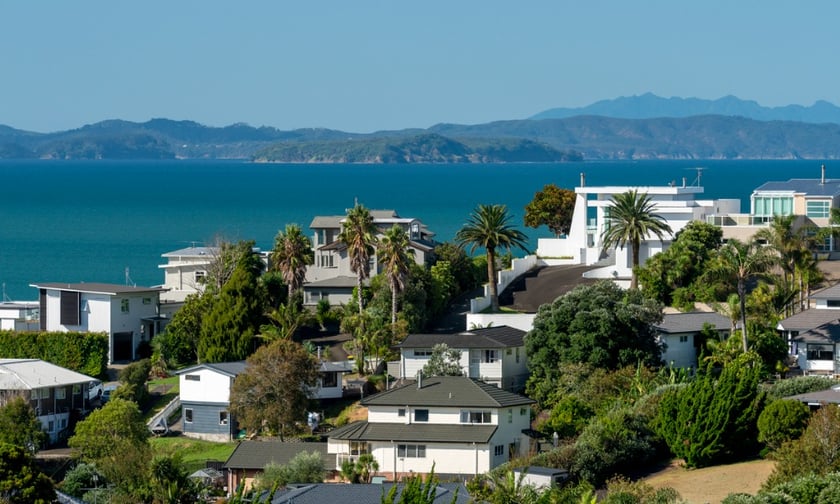

The Insurance Council of New Zealand (ICNZ) has endorsed findings highlighting the need to enhance understanding of natural hazard risks in New Zealand.
The endorsement follows the Reserve Bank of New Zealand’s (RBNZ) preview of its upcoming Financial Stability Report, emphasising that stakeholders need to take decisive steps to manage risks effectively.
The report calls for collaboration between insurers, central and local government, home buyers, and lenders to ensure insurance remains affordable and available amid natural hazard challenges.
ICNZ Chief Executive Kris Faafoi has emphasised the importance of proactive measures to safeguard communities.
“By taking proactive steps to improve our understanding of natural hazards and enhance resilience, New Zealand can better protect communities and ensure that insurance is affordable and accessible for all,” he said.
The report stressed the significance of insurance for New Zealand’s economic wellbeing and noted its continued availability. Despite this, Faafoi acknowledged the impacts of rising premiums on New Zealanders’ spending plans.
“Insurance premium levels are increasing, and that’s having an impact on their spending plans. Some of the factors driving premium levels are out of our control such as higher construction costs as well as the impact of climate changes on global reinsurance costs, which is insurance for insurers and spreads the financial risk of major local events across the global market,” he said.
The report also highlighted the trend toward risk-based pricing, driven by better understanding of natural hazards, including earthquake risk in Wellington. Insurance premiums are under continuous review to reflect emerging risks more accurately.
Faafoi emphasised the need for a long-term approach to manage natural hazard risks, particularly in light of climate change-induced events.
“Building resilient communities is a New Zealand wide conversation and involves all of us – central government, councils, and others – working together to help find solutions to reduce the risks and continue to ensure insurance is affordable and accessible to help protect lives and property,” he said.
